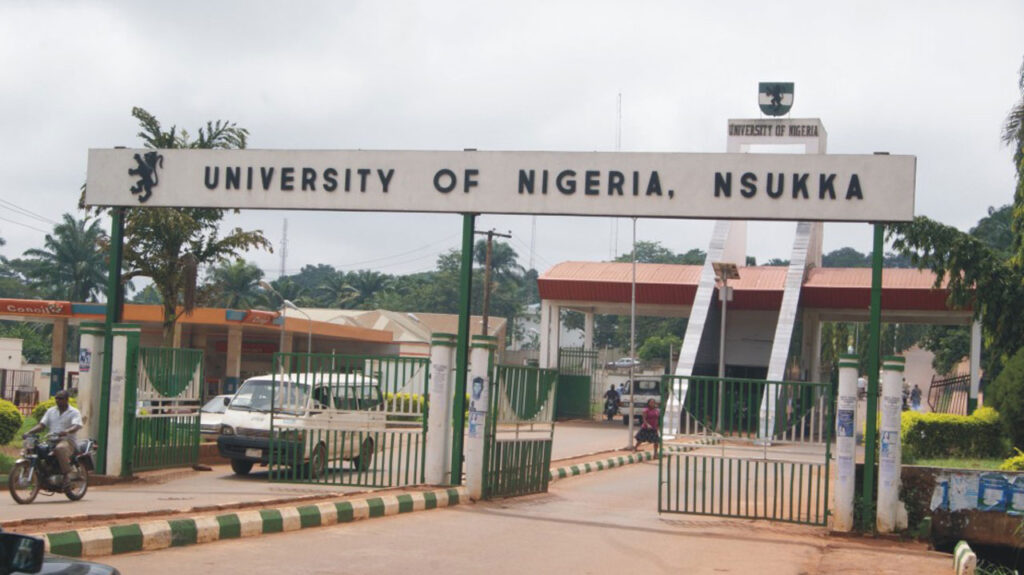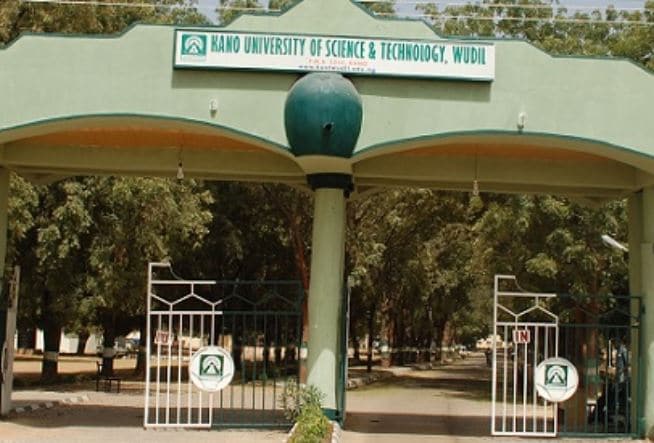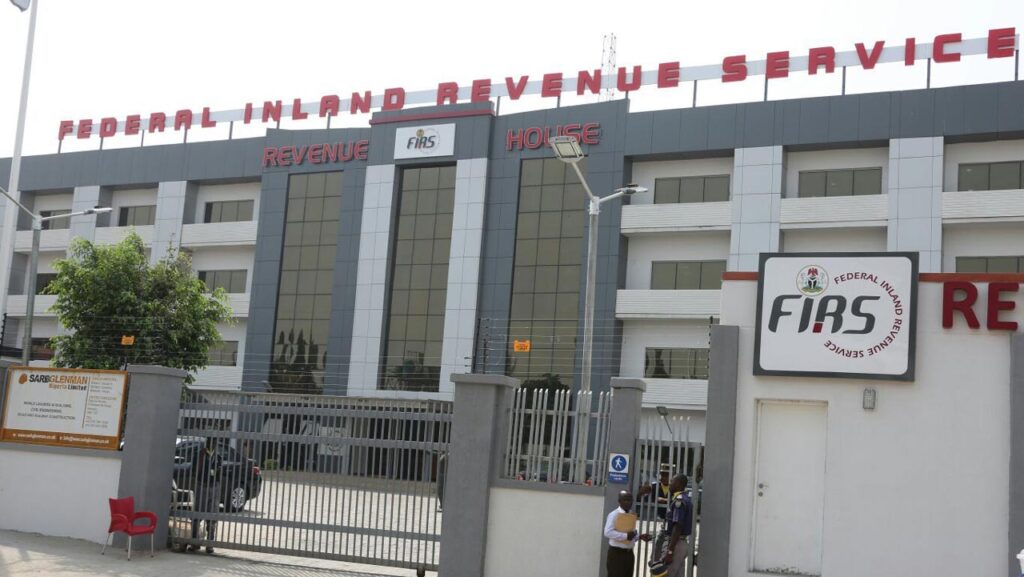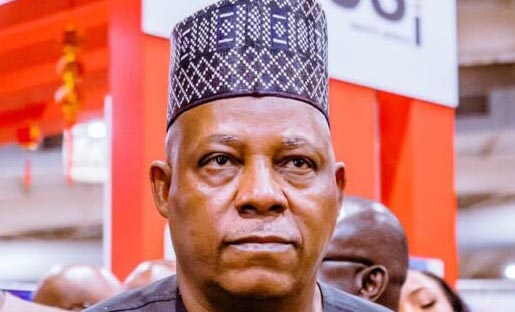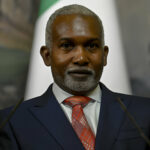The Campus Campaign Against Sexual Harassment (C-CASH), in partnership with the Gender and Development Policy Centre (GEN-CENT) at the weekend held a symposium to sensitize staff and students about the various dimensions of sexual harassment.
They used a blend of drama, visual exhibitions, and verbal discussions.
READ ALSO: UNN moves against sexual harassment on campus
The event, held at the University of Nigeria, Nsukka (UNN) was supported by a grant from the Alliance for African Partnership (AAP). It attracted participants from the World Health Organisation (WHO), human rights activists, student bodies, lecturers, and civil society organisations.
Speaking on the essence of the event titled “Make We Yan: A Community Engagement Event to Tackle Incidents of Sexual Harassment”, the Director of C-CASH, Dr Ikechukwu Erojikwe explained that the target was to escalate the campaign against sexual harassment in universities using an integrated approach that involves dramatizing the challenge and its consequences, visual images that depict the acts and audio sensitizations in radio and seminars.
Erojikwe, a Senior Lecturer at the UNN’s Department of Film and Theatre Studies explained that the University would be the launchpad to spread the campaign to other Nigerian universities, stressing that his group would inaugurate a similar campaign at the University of Pretoria, In South Africa.
The Acting Vice-Chancellor of the University, Prof Romanus Ezeokonkwo reiterated that the university has zero tolerance for any form of sexual harassment and would support efforts meant to eradicate the menace in the institution.
The Vice-Chancellor, who spoke through the Director of Academic Planning, Prof. Uju Clara Umo urged the students to take advantage of the University’s Sexual Harassment Policy and report cases of sexual misconduct by lecturers and their fellow students.
In a lecture, the Director of GENT -CENT, UNN took participants through the school’s Sexual Harassment Policy, urging those who might be afraid of victimization and stigmatization, to use the anonymous link provided on the University’s website to make their reports.
Also speaking, Chairman, Management Committee of the Association for the Advancement of Family Planning in Nigeria (AAFP), Dr Ejike Orji called for increased awareness through education and advocacy on the prevalence and impact of sexual harassment in Nigerian higher institutions.
He urged Nigerian schools to enact and enforce comprehensive policies that prioritize the protection and support of students and hold perpetrators accountable.
Speaking on the topic; “Breaking the Silence: Addressing Sexual Harassment in Nigerian Schools”, Orji advocated the need for university authorities to collaborate with students, parents, teachers, and community leaders to foster a culture of reporting, support, and collective action against sexual harassment in higher institutions.

